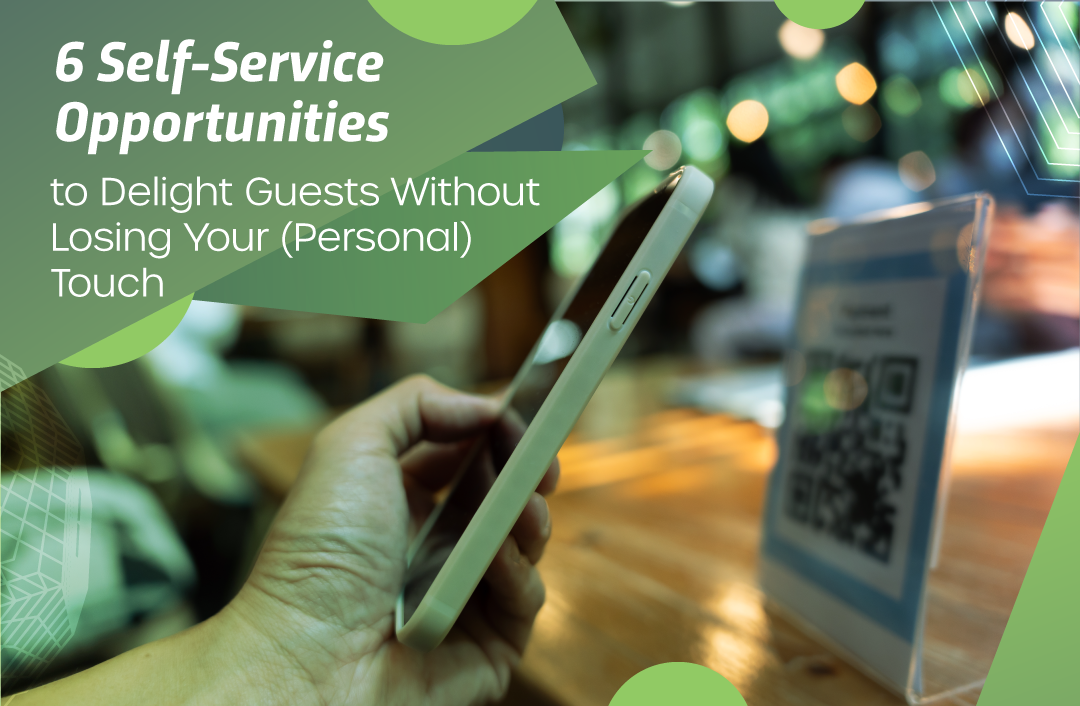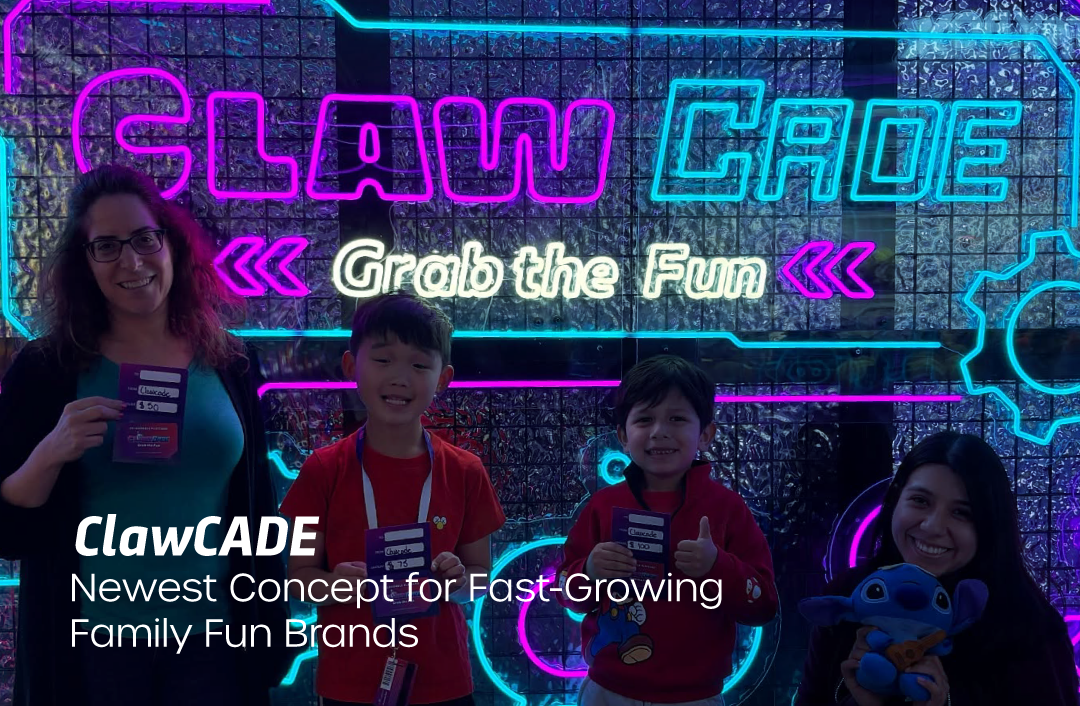Never assume that the buyer has done all the work for you – a smart salesperson should still work to make the sale.
It’s true that today’s buyers are more educated than ever – but do you know what they were studying?
Remember being in school and studying for an exam? You might have spent hours poring over books and notes wondering if the material would be on the test. It was often impossible to predict what information was going to be covered.
That’s often what I think of when I hear people saying, “Today’s buyers are 3/4 of the way down the buying process before they get to you,” which assumes that all buyers know not only everything about the exact product or service, but also about all of the companies offering it. You know who isn’t saying things like that? Someone who is actually killing the sales game, that’s who.
It’s no secret that today’s buyers have more information at their fingertips than ever before, and that’s a good thing! But a salesperson suggesting that 75% of the work has been done by the buyer is just reckless. Well-informed buyers give salespeople the unique opportunity to have different, more meaningful conversations.
Think you can determine sales facts from fiction? Here are three common myths to help you understand today’s buyer, and where you stand in their buying process.
No. 1: “By the time a buyer gets to me, they are ready to make a decision.”
The real problem with this statement is the assumption that the buyer ever gets to you. Mike Weinberg, author of Sales Management. Simplified., admonishes that arriving to the sales conversation too late sets you up to be an order taker for a commodity, not a trusted partner.
This is risky in event sales because waiting around to be shopped by a buyer will have you chasing after a competitor’s proposal with service or attraction add-ons and discounts. You could lose the opportunity to showcase what your venue does better than everyone else. As a premier entertainment venue, the more visible you and your facility are as entertainment experts and leaders in your community, the more immediate rapport and confidence you’ll have with prospective buyers.
No. 2: “Buyers already know what they want when I talk to them.”
It’s true that many of today’s buyers are well-educated about your business, your competition and your offerings – but that doesn’t mean you don’t have to put in work to discover their deeper needs. Again, don’t set yourself up as an order taker. Think about a restaurant dining experience. Consider these two very different approaches:
Server: “Hi, I’m Gerald. I’m sure you know all about this restaurant because you’ve seen our commercials and website. You might even have been in before. So, what would you like to order?”
vs.
Server: “Hi, I’m Gerald. Have you been in before? Great! We added a few new items I’d love to share with you. Are you interested in hearing about something new?”
The first scenario might seem a little extreme, but that’s essentially what you’re doing when you assume buyers know what they want. When you enter into a sales conversation with assumptions, you set your park up to miss giving your guest the most memorable experience, and you minimize the potential for upsell opportunities and repeat visits.
In truth, your potential guest may have an idea in their minds of what they’re interested in based on the information they’ve gathered. But because you don’t know what they’ve read or researched, you simply do not have enough information to make the sale responsibly.
I heard a great example illustrating this on The Communication Guys podcast recently. They told the story about a gentleman and his wife who wanted to spend more time with their adult children, so they visited a boat dealership and inquired about buying a pontoon boat. They had most likely done some research and decided that a pontoon boat would meet their needs.
They explained to the sales person that they’d like to see pontoon boats, and he could have simply heard “Show me your pontoon boats,” taken the order and felt successful. Yet what happened instead, Dr. Barrett explains, is that the sales person didn’t take the request at face value, but rather dug a little deeper with something like, “Great, we have lots of pontoon boats, but tell me what experience would you like to have on the water?” By discovering the experience the couple was after, he was able to sell a bigger boat with a cabin for sleeping, not just the pontoon boat for daytime fun. That huge opportunity could have been missed by falling into the trap of assumption.
As a savvy sales person, it’s critical to be knowledgeable and confident in your product because today’s buyer is likely to be well informed. However, more importantly, you need to become an expert in articulating when and how your business is the right solution for them. While you can’t be all things to all people, spending the time to learn your buyers’ priorities enables you to discuss how perfectly equipped you are to meet those priorities.
Even in a scenario where your guest calls and immediately asks to purchase a specific package or offering, it pays exponentially to take the time to discover what they hope to accomplish during their visit. You’ll learn their expectations, how they prefer to communicate with you and your team and the best ways to wow them before and during their visit.
No. 3: “I have the ace card in my pocket because I can beat anyone’s price.”
The price card only wins in the price game, and that’s not a game you can (or likely want to) win forever. And remember, lowest price is only the deciding factor for a small percentage of buyers. Asking the right questions and understanding the things that are important to your buyer provides you with invaluable insight.
And while we’ve been talking about assumptions and price, let me mention one more thing. I have a friend in birthday party event sales. He offers a private birthday party experience with constant five star reviews and has been advised to raise his prices. He is hesitant, however, despite the fact that statistics show many parents would be willing to spend their last penny to give their child the best party and 55% of consumers will pay more for a better experience. If you’re delivering an amazing experience at the right value, people are willing to pay more for it.
Just like you wouldn’t want to walk into a test unprepared, don’t sweat your way through a sales conversation. Be prepared with knowledge, genuine interest and smart discovery questions to win sales and guest loyalty like the pro that you are.
Have you ever been proven wrong about a buyer? Tell us about it in the comments or on Twitter.
Search Resources
Subscribe to Email Updates
Featured Resources
Blogs //
6 Self-Service Opportunities to Delight Your Guests Without Losing Your (Personal) Touch

News //
CenterEdge Now Integrates with PourMyBeer to Help FECs Serve Up Success

News //
ClawCADE is Newest Concept for Fast-Growing Family Fun Brands

Blogs //
Data-Driven Decisions: Using Management Software to Optimize Staffing & Guest Flow

Posts by Topic
- Advantage Payments (7)
- Brand Management (19)
- Business Growth (81)
- Capacity Management (2)
- CenterEdge News (28)
- Client Interviews (8)
- Credit Card Processing (3)
- Data & Reporting (12)
- Digital Signage (1)
- Event Management (20)
- Facility Management (10)
- Food & Beverage (8)
- Guest Experience (34)
- Guest Management (20)
- Holiday Season & Promotions (5)
- Industry Events (10)
- Inventory Management (1)
- Loyalty Programs (8)
- Marketing Tips (24)
- Operations (1)
- Point of Sale (10)
- Product Launch (11)
- Productivity (5)
- Profitability (35)
- Redemption Management (1)
- Sales (35)
- Season Passes (1)
- Team Training (60)
- Waivers (2)

Leave a Comment